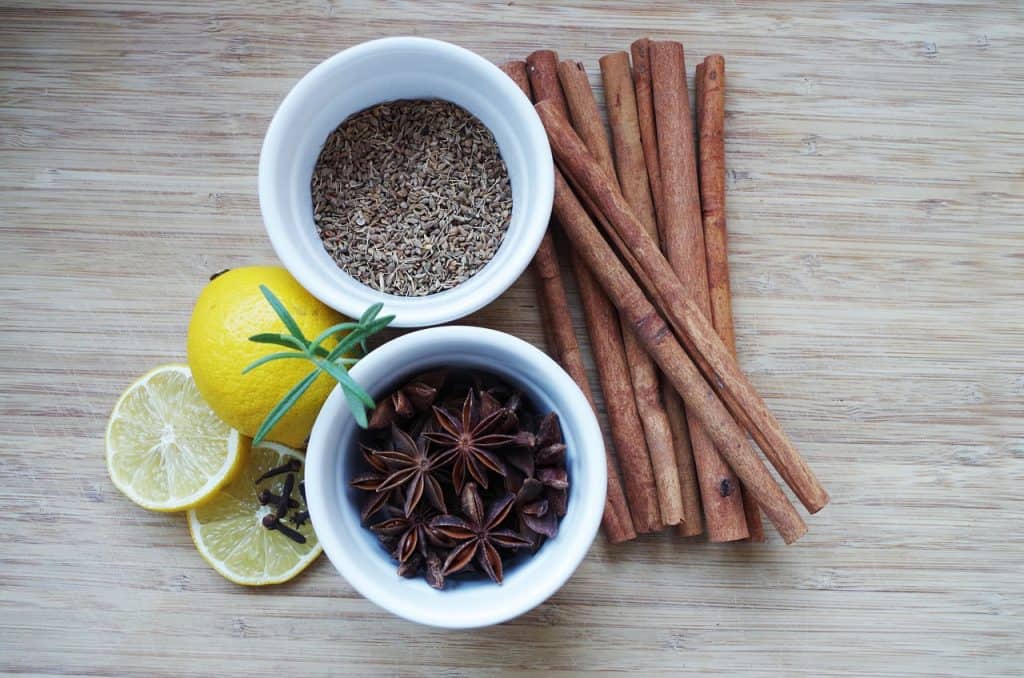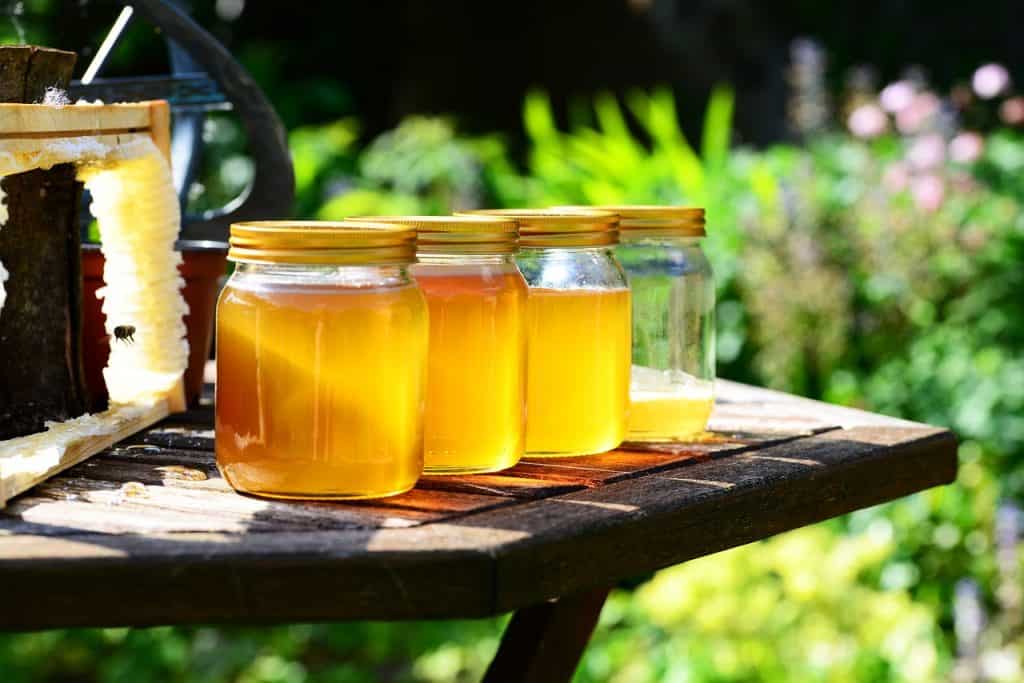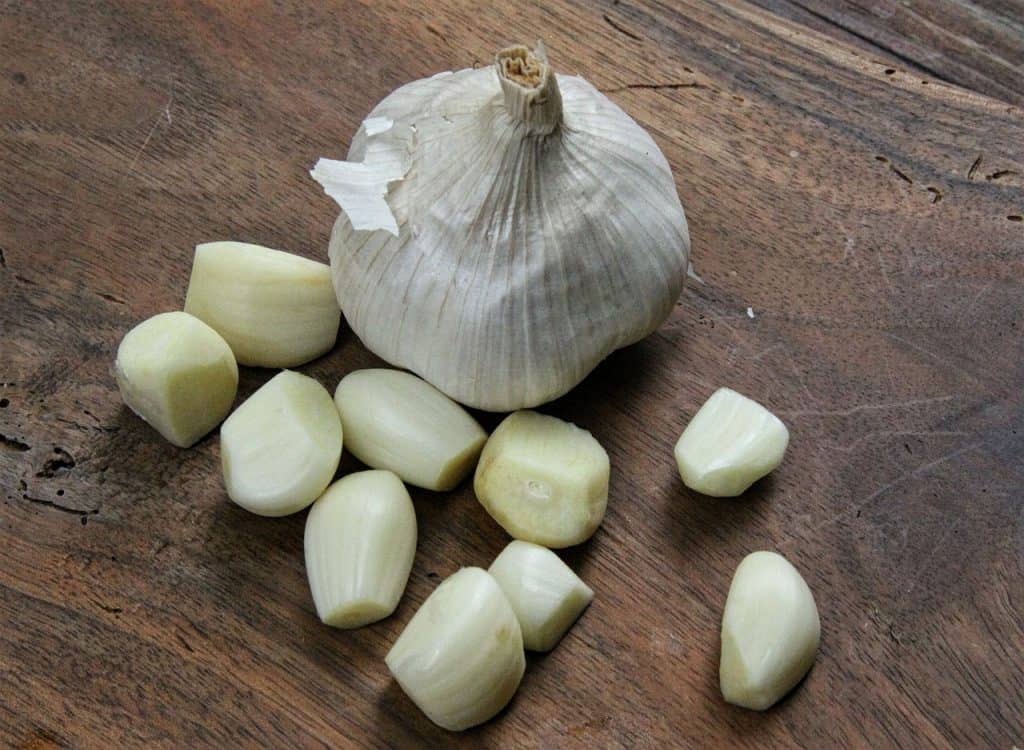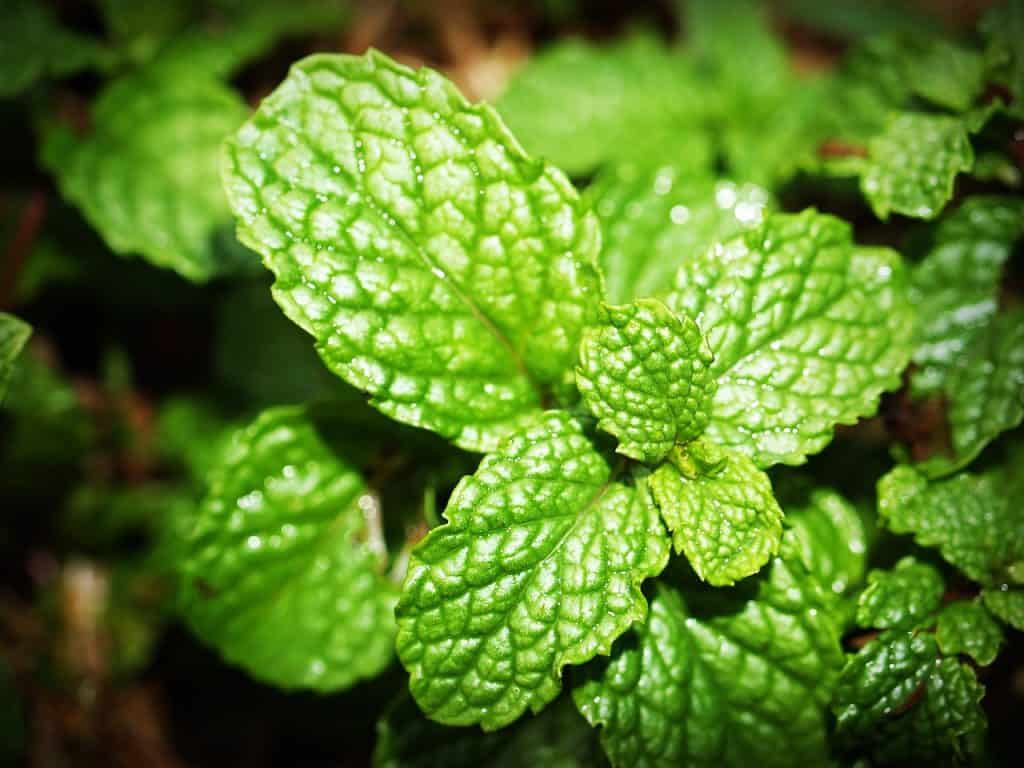Are you feeling under the weather? Are you battling a pesky cold or the flu? If so, you may be wondering if there are any natural remedies for strep throat that you can try. In this blog post, we will explore some of the most common home remedies for strep throat and discuss how well they work. We will also provide some tips on how to reduce your risk of developing this infection. So, if you are looking for some relief, keep reading!

1. Herbal tea soothes a sore throat
Licorice root tea was used by ancient Egyptian pharaohs as a tonic and medicinal drink. Its properties were cited in Egyptian hieroglyphics, and today, it remains a popular choice for use in traditional medicine. Licorice has strong anti-inflammatory and healing properties and coats the throat. It also aids in the healing of respiratory infections and strep throat.

Turmeric is a common ingredient in herbal medicine and offers several benefits, including soothing the pain of a sore throat. Turmeric contains curcumin, which is a beneficial compound with antibacterial, antimicrobial, and even antiviral properties. Turmeric is a member of the ginger family and gives teas a yellow-orange color. It also imparts a slightly spicy flavor.
2. Thyme oil has antibacterial properties

The essential oil of thyme has been used for centuries for medicinal purposes. It is an effective expectorant and has antibacterial, antiviral, and antifungal properties. Additionally, thyme essential oil has anti-cancer properties. Crushed thyme leaves or powder have been found to reduce the symptoms of strep throat and reduce the risk of heart attacks.
Thyme has tiny sage-green leaves and thin woody stalks. It has pink or purple flowers in the early summer. Thyme essential oil has antibacterial properties that make it a natural home remedy for strep throat. Thyme is widely used in cooking and aromatherapy. Thyme is well-tolerated in dietary supplements, although excessive consumption may cause nausea, dizziness, and cramps. Thyme oil is also safe to use in small amounts. It is essential to note that thyme oil is highly concentrated.
3. Honey soothes a sore throat

You may have heard that honey is a good remedy for sore throat. It coats the throat, soothes coughs, and helps you sleep at night. While the soothing properties of honey are well-known, you should consider its high sugar content. Honey can affect your teeth and health, and it’s not safe to give to infants under a year old. In addition, it can cause infant botulism.
Raw honey contains natural antibacterial and antimicrobial properties that can help fight viral infections and soothe sore throats. It has antibacterial and antimicrobial properties that can help you fight infections, including colds, flu, and sore throats. It can also suppress coughs, which is another reason why it’s a great home remedy for a sore throat. Just remember to use only raw honey, because most bottled honey is heated and destroys many of its beneficial properties.
4. Garlic has antibacterial properties

Garlic has several beneficial properties for the human body, including antimicrobial, antiviral, and antifungal activity. These properties may make garlic a great alternative to pharmaceutical treatments. Its antifungal and antibacterial properties may also have a beneficial effect on the human gut bacteria. Its antibacterial and antiviral properties may also help fight various flu viruses. Although its exact role in flu-busting is not known, garlic has antibacterial, antiviral, and antifungal properties.
The use of garlic is as old as recorded history. It was first used in Chinese Medicine a few thousand years ago for digestive and respiratory problems, as well as parasitic infections. Even the Egyptians used garlic to treat circulation problems and abnormal growths, most likely abscesses. The Egyptians also used garlic-like bulbs in teas to treat flu-like symptoms.
5. Orange juice soothes a sore throat

You may have heard that Orange Juice can soothe a sore throat. This beverage is rich in vitamin C, a powerful antioxidant that has been linked to reducing the risk of strep throat and the common cold. But is this true? It depends on what your doctor tells you. Here are some common myths about orange juice and cold relief. First, don’t drink orange juice for sore throats unless you’re sure it’s safe.
Drinking orange juice is also good for you. The acidity in orange juice helps relieve coughing. Orange juice also contains vitamin C, which can help thin mucus. It can also help relieve congestion. Lastly, orange juice is good for your immune system. Vitamin C helps fight cold and flu viruses. It has been shown to fight off infections by increasing the number of white blood cells in your body.
6. Vitamin C soothes a sore throat
A natural remedy for a sore throat is a good idea. Vitamin C is a potent antioxidant that has antihistamine properties, which can block the release of inflammatory substances, such as histamine, which is produced by allergens. Vitamin A, on the other hand, promotes the healing of mucous membranes. Both vitamins are also important for the immune system and may help to overcome a cold.
Strepsils Orange with Vitamin C Lozenges is an excellent remedy for sore throats. They have both the demulcent effects of lozenges and are highly effective against bacteria and viruses. Vitamin C is also a good supplement during an infection when the body’s vitamin C levels are lower than normal. Try these home remedies for sore throats today! While taking Vitamin C alone will not help you fight off a cold, these two supplements can help ease your symptoms and help you get back to normal quickly.
7. Apple cider vinegar

You can treat your sore throat using a combination of apple cider vinegar and honey. Gargling with the mixture has antibacterial and expectorant properties. It helps you get immediate relief from the discomfort of a sore throat. You can also gargle with a mixture of apple cider vinegar and baking soda. The combination can kill the bacteria causing your sore throat. For best results, you should drink the solution two to three times per day.
The use of apple cider vinegar as a natural home remedy for strep throat is not without side effects. Gargling with it may cause burning and heartburn. You should dilute the vinegar and drink the solution every few hours. You should also drink plenty of water. Staying hydrated will help you avoid the pain of a sore throat. A warm, strong cup of apple cider vinegar is also effective.
8. Peppermint

The use of peppermint as a natural home remedy for strep throat has been shown to reduce the inflammation of the throat and relieve pain. Peppermint oil is an excellent remedy for sore throat because it contains menthol, which is an anti-inflammatory agent. It can be ingested or added to water to gargle. Its antibacterial properties are also useful for respiratory conditions.
Whether you’re suffering from a sore throat or an infection caused by a viral infection, peppermint can provide relief. Essential oils are composed of plants that have healing properties, including acetic acid, which kills harmful bacteria while encouraging the growth of beneficial ones. Applying peppermint to the throat will relieve pain and inflammation and may even accelerate the healing process.
Conclusion
If you are experiencing the symptoms of strep throat, we recommend that you see your doctor as soon as possible. Antibiotics are the most common treatment for strep throat and can usually clear up the infection within a few days. There are also some home remedies that may help to ease your symptoms until you can get to the doctor. We hope that this article has been helpful and provided you with some useful information about strep throat.


